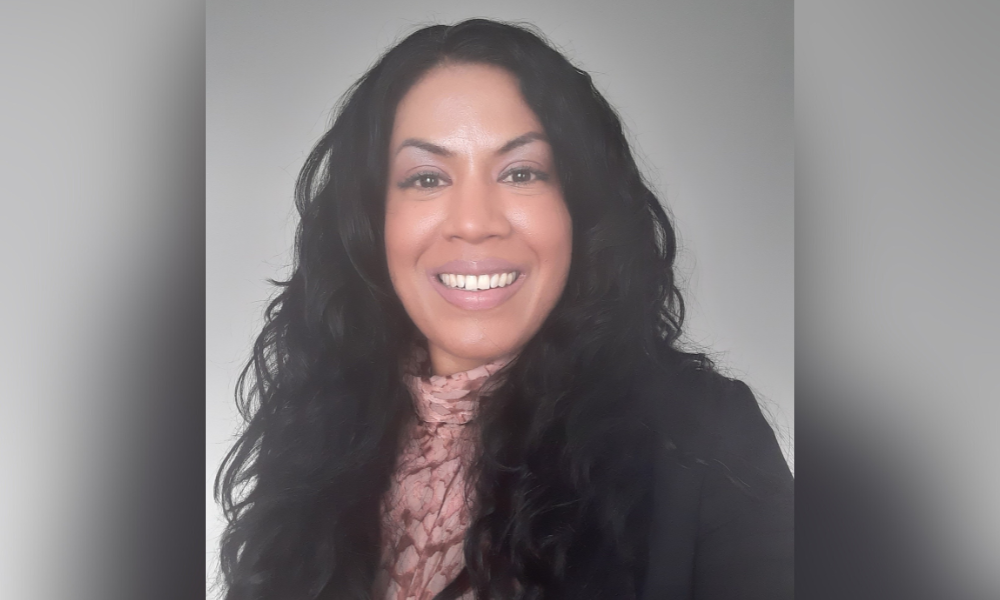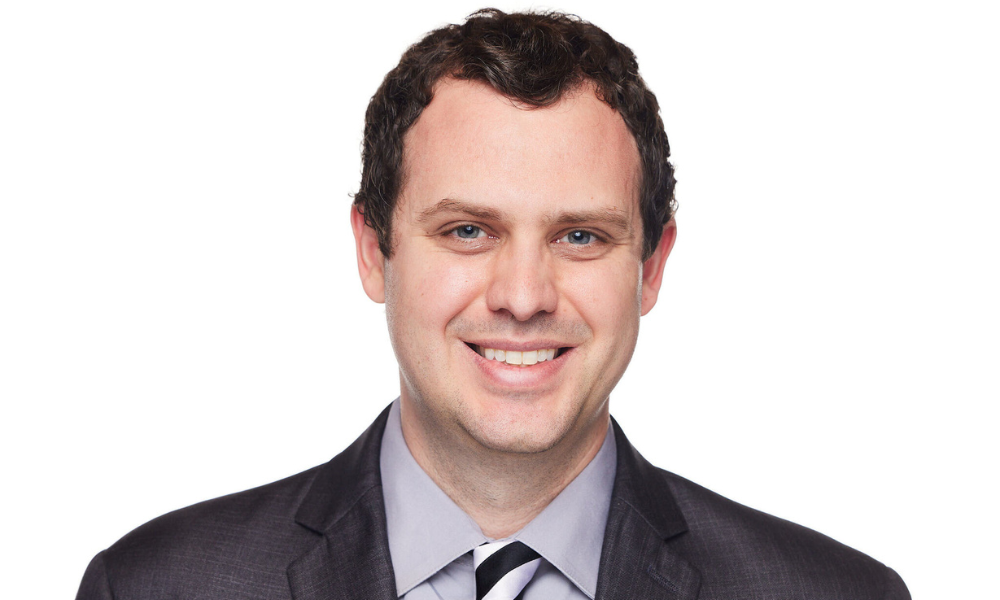Her career focus revolves around skill sets learned in criminology and sociology studies

The career of Ashley Butts, senior legal counsel in BASF Canada Inc.’s Toronto office, provides strong support for the emerging proposition that success in-house and private law firm experience are not necessarily intertwined.
“Law was my second career and I’ve been in-house almost the entire time since my call in 2013,” Butts says. “What attracted me was the diverse business environment that legal departments offer and the opportunity to focus on the importance of people in that setting.”
Butts’ first career emerged after she completed a masters in criminology at the University of Toronto. That led to a “dream job” with the Ontario government, where she worked from 2007 to 2009.
Most Read
“My responsibilities extended to the plight of Indigenous people in conflict with the law,” she says. “The work involved research, policy development and a great deal of consultation with the Indigenous community.”
Over time, Butts came to realize the significant interactions between her work and what a career in law offered. She attended the University of Ottawa’s Faculty of Law for a year, then transferred to Osgoode and obtained her degree in 2012.
In 2014, she joined Waterloo-headquartered Economical Insurance, a property and casualty insurer, as a privacy and regulatory compliance lawyer. She also assisted in the acquisition of another insurer, helped to launch an online insurance entity, practised commercial law and supported the claims team.
But the commute from her home in Mississauga to Waterloo proved unsustainable. So when a position with BASF became available in 2017, she joined the small legal team in Toronto.
“Working at a large global chemical manufacturer, which had a very different risk profile from an insurance company, was very attractive because it allowed me to expand and develop my skill set,” Butts says.
Hired primarily to practice commercial law in support of BASF’s various business units, Butts found herself engaged in a broad spectrum of legal issues.
“I responded to whatever the business units presented to me, including privacy, employment, contractual, regulatory and procurement matters,” Butts says. “It was all very challenging when I started at the company, almost like a learning a foreign language because the business lexicon, the acronyms and the structure of BASF’s large, highly matrixed global organization was very different from what I experienced at Economical.”
BASF’s international dealings meant there was a great deal of cross-border work and interaction with BASF’s legal departments abroad and particularly in the United States.
“I frequently found myself working on North American or global agreements,” Butts says.
But her greatest satisfaction and achievements came from the opportunity - which she had presciently predicted when choosing an in-house career - to “focus on the importance of people.”
“If you’re not intentional about this topic, particularly about how people feel at work, it’s not going to happen,” Butts says. “So while I was involved in M&A, helped resolve complex regulatory matters, assist in structuring and executing large deals, I believe my biggest impact came through the individual touchpoints with my co-workers.”
Her promotion to senior counsel gave Butts the opportunity to support, lead and empower others to be involved in workplace diversity, equity and inclusion initiatives at the local and global level, including a role as a steering committee member on BASF’s diversity and inclusion council at the national corporate level, and as a participant in the legal department’s global DEI initiatives.
“This work, which was not part of my law job description, helped me develop leadership skills, contribute to the company’s goals and values in a meaningful way, wield my passion for a topic, and impact the cultural climate,” Butts says. “What I try to do is respectfully challenge the status quo, because groupthink is dominant in large corporations.”
Butts’ passion for the significance of relationships also motivated her to understand BASF’s customers betters, leading her to attend company-sponsored customer retreats – something not normally within law departments’ job descriptions.
“It’s important to be in the trenches with the business people and build relationships with them,” she says.
Butts is also involved in the Ontario Bar Association’s Career Accelerator Program, aimed at helping early- and mid-career Indigenous and racialized lawyers develop the skills and training they need to advance their participation in four emerging areas of law: artificial intelligence, ESG, fintech and privacy.
“I mentor people in the profession all the time, because it’s important to me to be involved in and have an impact on the community,” she says.
Her focus, she notes, draws heavily from the skills acquired as a criminologist who specialized in sociology.
“It has nothing to do with legal training or experience in private law.”










